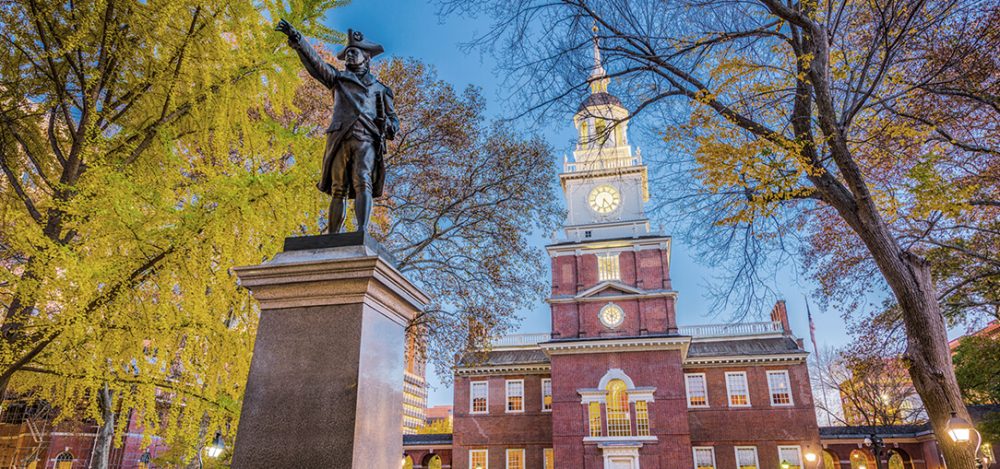
by Christopher Paslay
Jeff Sessions’ objective application of the law will be a positive change from the racial divisiveness of Eric Holder and Loretta Lynch, whose race-based policies demoralized teachers and tied the hands of school administrators.
According to a study published in the Washington Post in July of 2016, America is more racially divided than it’s been in decades. Despite President Obama’s promise to bring Americans together (“. . . there’s not a black America and white America and Latino America and Asian America; there’s the United States of America . . .”), the tone of his administration could be more aptly summarized by his statement, If I had a son he’d look like Trayvon.
The irony, of course, is that a bi-racial president was so racially polarizing. This divisiveness was felt by many Americans, including our nation’s public school teachers. Following the lead of Attorney General Eric Holder, Education Secretary Arne Duncan used the Department of Education’s Office for Civil Rights to label public schools and their teachers as institutionally racist and hit them with suffocating regulations.
According to a 2012 study by the U.S. Department of Education’s Office for Civil Rights, Black students were more than three times as likely as their White peers to be suspended or expelled. That was noteworthy information, being that 84 percent of America’s public school teachers in 2012 were White.
The result of this report, of course, was not only the demoralization of public school teachers, but the implementation of regulations which made it harder to discipline students and maintain workable classroom environments. Teachers were forced to rethink the way they approached their jobs, planning lessons which accommodated the unruly behavior of minority students who were no longer allowed to be removed from the classroom; these challenged children were forced to coexist with their functional hard working peers, and the integrity and quality of everyone’s education, Black and White alike, was compromised.
So how is our new U.S. Attorney General Jeff Session going to remedy the situation? By being a fair and objective arbiter of the law. Throughout his confirmation hearing, Sessions insisted he would uphold and protect the United States Constitution, unlike Barack Obama and Eric Holder, who selectively enforced the law. In other words, Sessions will not use race to set policy or interpret the Constitution — a simple enough premise.
In short, Sessions won’t play the part of an aggrieved activist, using skin color to either prosecute — or refrain from prosecuting — American citizens. The new culture of “colorblindness” will hopefully set the tone for the rest of the DOE. This would mean the race card might be put away for a while, and teachers will be free to teach once again. Disciplinarians will be free to discipline, too. Regardless of race.
Perhaps the morale of public school teachers may improve as well. Not being labeled a racist — along with having a manageable classroom environment — will go a long way in terms of school performance. In Sessions, teachers now have an Attorney General whom they can respect as a fair arbiter of the law, an attorney General who will work for everyone equally, not just those minority groups the government deems worthy of preferential treatment.
Unfortunately, though, the campaign to slander Sessions has been in high gear as of late. His critics don’t want a neutral arbitrator of the law but a social justice activist like Holder and Lynch — someone who will selectively prosecute based on skin color, the way Holder did in 2009 when the DOJ dropped the case against the New Black Panthers for intimidating voters in Philadelphia.
The fact that Sessions will be colorblind is the main reason why his opponents label him . . . get ready for this, racist . . . and continue to use smear tactics and spread misinformation  about him. In the world of race-baiting and identity politics, being colorblind is akin to committing a hate crime. Despite the disingenuous attacks from fellow senators, Sessions is a good man with a glowing record on civil rights. During a march to commemorate the 50th anniversary of “Bloody Sunday,” Jeff Sessions held hands with civil rights icon Congressman John Lewis as they crossed the Edmund Pettus Bridge in Selma, Alabama.
about him. In the world of race-baiting and identity politics, being colorblind is akin to committing a hate crime. Despite the disingenuous attacks from fellow senators, Sessions is a good man with a glowing record on civil rights. During a march to commemorate the 50th anniversary of “Bloody Sunday,” Jeff Sessions held hands with civil rights icon Congressman John Lewis as they crossed the Edmund Pettus Bridge in Selma, Alabama.
According to the Weekly Standard:
Sessions’s actual track record certainly doesn’t suggest he’s a racist. Quite the opposite, in fact. As a U.S. Attorney he filed several cases to desegregate schools in Alabama. And he also prosecuted Klansman Henry Francis Hays, son of Alabama Klan leader Bennie Hays, for abducting and killing Michael Donald, a Black teenager selected at random. Sessions insisted on the death penalty for Hays. When he was later elected the state Attorney General, Sessions followed through and made sure Hays was executed. The successful prosecution of Hays also led to a $7 million civil judgment against the Klan, effectively breaking the back of the KKK in Alabama.
Jeff Sessions is hardly a racist. On the contrary, he’s an honest man with character and integrity, and will have a positive impact on both public school performance and teacher morale.

